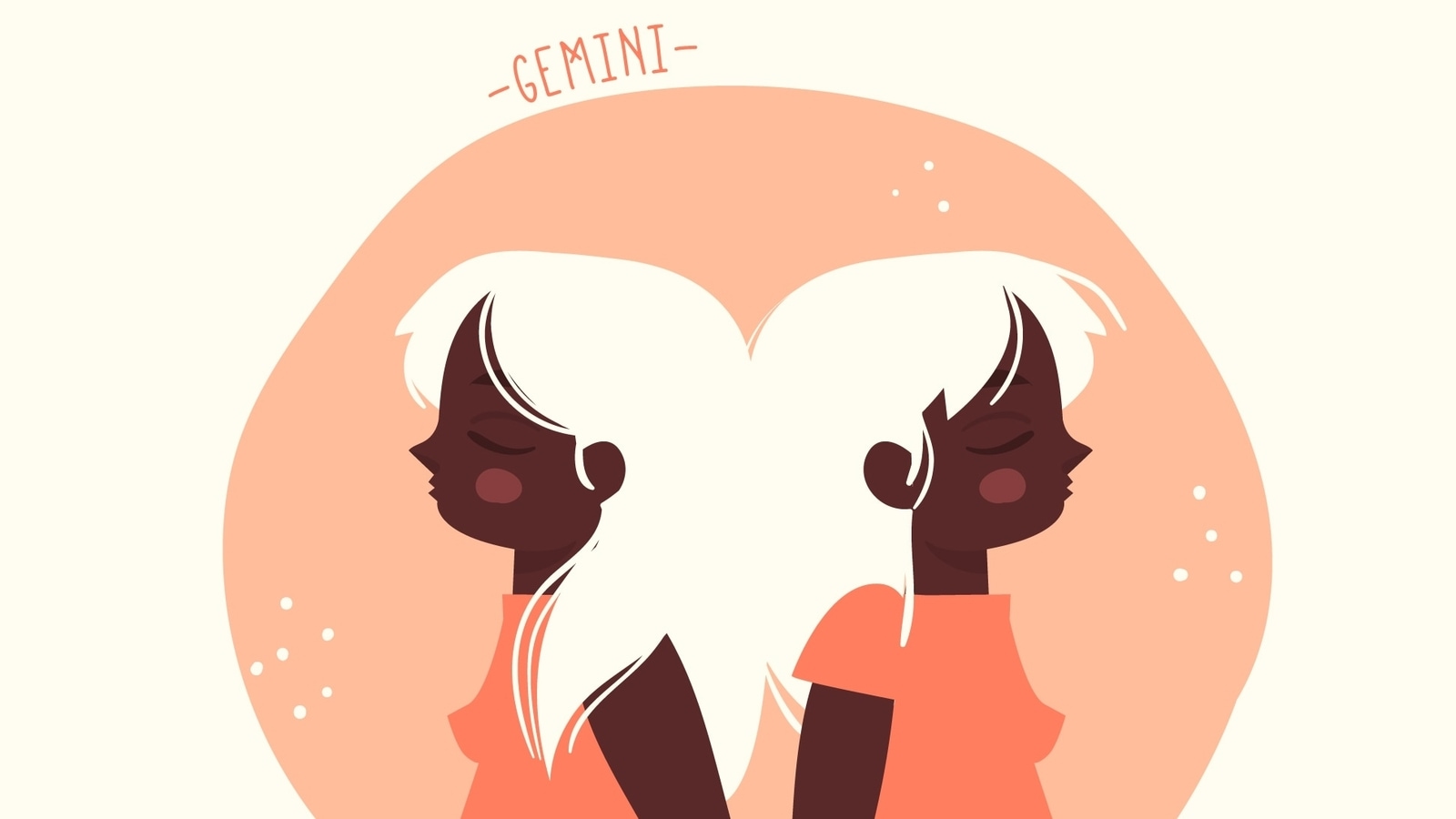
By Reena Singh
If we accept that we are animals, interconnected to other species, similar to them in ways that matter and are a part of, rather than holding dominance over, nature, then we can begin to open our eyes to why our treatment of animals, and how we use them, affects us,” believes Poorva Joshipura, PETA UK senior vice-president of international affairs. With a foreword by UN secretary-general advocate for sustainable development goals Dia Mirza, the book equips readers about the challenges we encounter as a species and how they can be diminished by making informed choices and treating animals with consideration.
Joshipura explores the paths of live animal markets and wildlife trade that are linked to outbreaks of bird flu, swine flu, trichinellosis and cholera, among other zoonotic diseases. Delving into the origin of HIV-AIDS, monkeypox, India’s tuberculosis and dairy-linked public health crisis, the large-scale misuse of antibiotics leading to development of antibiotic-resistant bacteria in humans, animal cruelty, the fast-fashion models generating millions of tonnes of microfibre, high carbon emissions and climate change, Survival at Stake is a significant reminder that exploiting nature will ultimately lead to decimation of life.
The health of humans, animals and the environment are all interconnected. The book has drawn evidences that when the health of animals is at risk, the health of humans may also be at risk. We see it in diseases transferred between animals or insects. The book cautions on the overuse of drugs in food-providing animals (like fishes) to control diseases or growth promotion. Consumption of aquaculture products where antibiotics are used indiscriminately are contributing to antimicrobial resistance from aquaculture to humans. This, in turn, can contribute to heart diseases, meningitis, types 2 diabetes and bacterial infections.
Joshipura also discusses how relentless confinement, overcrowding and unnatural diet, such as feeding pulverised remains of other animals leads to stress and bizarre behaviour of animals. Filth, breeding for unnatural traits and genetic uniformity and drugging set the prefect stage for disease development. Pigs suffer heart attacks, birds peck at each other’s feathers and hens have poor bone health. She highlights, “We can only attempt to understand the full breadth of how animals make use of the information they gather through the unique ways they perceive the world”, and that they are crucial for our environment.
Whether it is a bee or a whale, each has its own contribution to the planet. She talks about the rising sea surface temperatures, ocean acidification, sea life facing extinction and decades of hunting, the worsening situation of coral reefs that could have unknown consequences given the extreme complexity of marine ecosystems.
Joshipura deliberates that considering how a person behaves with animals is an indication of how they might act with people. Jallikattu, bull-baiting, bear-baiting, dogfighting are deadly games that encourage inhumane behaviour and violence. Animals share fundamental similarities with us, more than we acknowledge. For instance, cows have rich spatial memories, chickens are self-aware, fish use tools, wasps can recognise human faces, fruit flies communicate in different dialects and animals have emotional capabilities. She concludes the book by presenting a comprehensive and well-mapped guide for us to peacefully co-exist with nature. She argues “how imperative it is that the government recognizes and demonstrates through their policies and decisions that humans, other animals and the environment are interdependent.”
Covid-19 is a wake-up call that practices that undermine animals’ well being have negative consequences for humans too. This book advocates for animal welfare and is a good read for animal lovers, conservationists, environmentalist, evolutionary scientists and policy makers who are working on animal welfare matters and sustainable development.
Survival at Stake: How Our Treatment of Animals is Key to Human Existence
Poorva Joshipura
HarperCollins
Pp 328, Rs 499
Dr Reena Singh is senior fellow, ICRIER. Views expressed are personal.
https://www.financialexpress.com/lifestyle/animal-human-coexistence/3363937/




